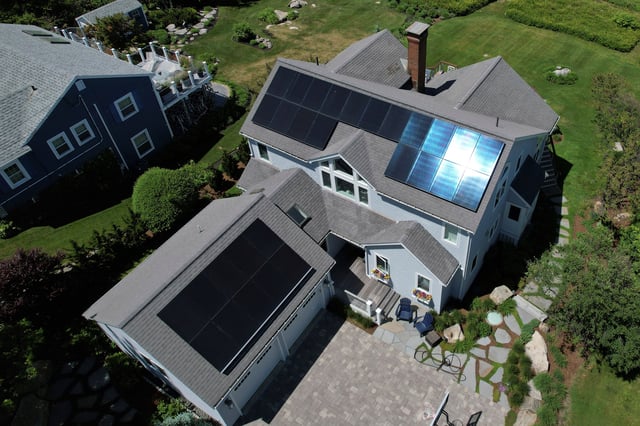Overview
- The House Ways and Means Committee voted to end the 25D residential solar tax credit nine years early, potentially eliminating it by the end of 2025.
- The rollback would raise average rooftop solar system costs by $8,000–$9,000, making solar less accessible for many homeowners.
- The U.S. residential solar industry, which has grown tenfold over the past decade and employs over 100,000 workers, faces significant contraction and layoffs if the credit ends.
- A separate 48E tax credit for third-party-owned solar systems would remain until 2032 but face new supply chain restrictions starting in 2026, potentially limiting its feasibility.
- Bipartisan concerns about the proposal's economic and policy impacts have emerged, with market analysts projecting a 30% drop in residential solar capacity by 2030 if changes proceed.

